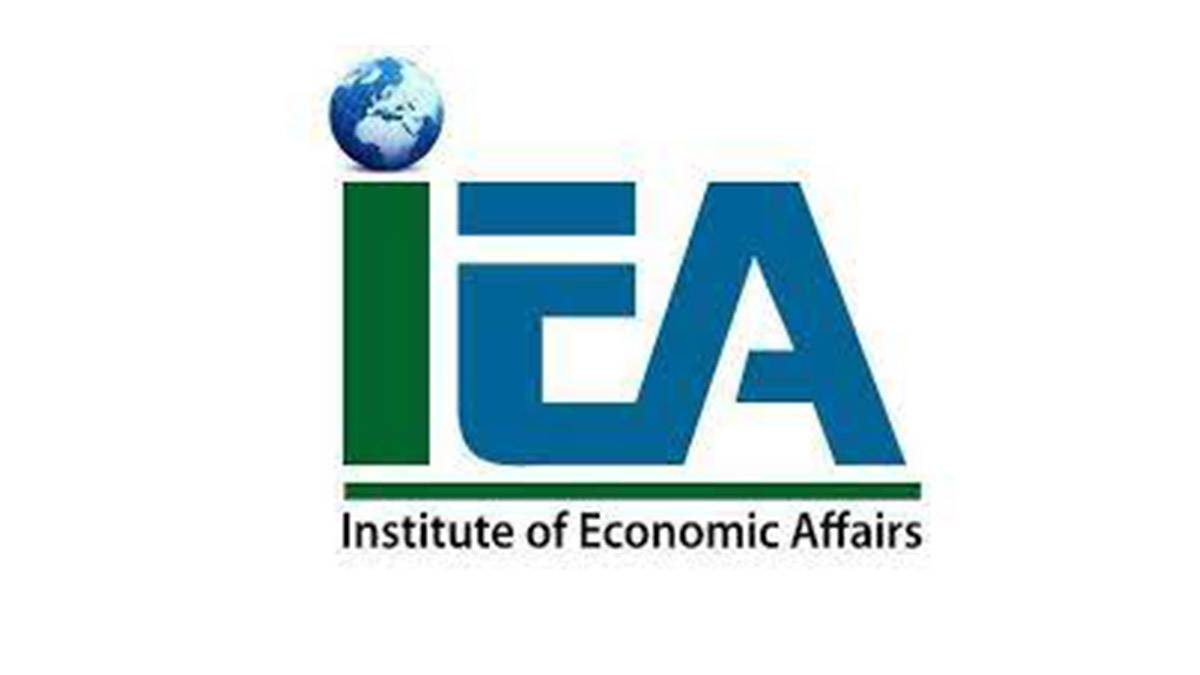Raising policy rate alone won't cure Ghana’s inflationary pressures—IEA.
Ghana, according to the Institute of Economic Affairs (IEA), needs definite policies and programs to transform its economy into a dynamic industrialized one.
According to the Institute, the country has to build sustainable enterprises to add value to its abundant raw materials and to take advantage of natural resources for quick growth.
This, together with addressing persistent macroeconomic issues such as significant budget deficits and public debt, currency rate instability, and a high rate of employment, will strengthen the economy's fundamentals, allowing it to withstand inflationary and other external shocks.
"The only approach to find a lasting solution to the repeated difficulties is to address the economy's weak structural underpinnings," stated Dr. John Kwabena Kwakye, Director of Research at IAE. This should be accomplished by transforming the colonial economy into a thriving industrialized one."
"However, this cannot be accomplished by depending on our limited tax base or borrowing," Dr Kwakye noted, "but rather by leveraging our huge natural resource riches and taking ownership of it."
He was responding to the Bank of Ghana's (BoG) Monetary Policy Committee's (MPC) decision to raise the policy rate by 200 basis points from 17 percent to 19 percent in order to combat the country's inflationary pressures.
The Committee hiked the policy rate, which is the rate at which the Central Bank borrows from commercial banks, by 250 basis points from 14.5 percent to 17 percent two months ago as a tool to manage the rise in prices of goods and services.
However, according to Dr. Kwakye, it did not have a complete impact on inflationary pressures, necessitating another rate hike.
"While we are discussing inflation as an immediate problem here at the IEA, the other persistent macroeconomic difficulties are all indications of a larger problem," he remarked.
"That problem is the economy's fundamental poor structure, which is characterized by reliance on low-value-added primary export products and a large reliance on imports," he continued.
The Research Director stated that while a multi-faceted approach was required to address all of the economy's inflationary difficulties, the most critical step was to address structural deficiencies.
He emphasized the importance for Ghana to "leverage capacities and prospects for earning foreign money through increased processing of export commodities and natural resource profits."
Furthermore, a concerted effort should be made to boost food production and ensure the storage and preservation of surplus products, particularly during peak seasons, so that buffer stocks can be released to cushion prices during shocks and lean seasons.
Other recommendations made by the Institute include ensuring that the Bulk Oil Storage and Transportation Company (BOST) kept strategic oil stocks that could be deployed to cushion pump prices in the event of a shock.
In terms of transportation, the public transportation system should be enhanced, and intra-city and inter-city public transportation should be expanded.
Ghana's inflation rate was 23.6 percent in April, the highest in 18 years and the 11th month in a row.
As a result, the cost of living has risen dramatically across the country, with huge rises in the costs of products and services.
The scenario, according to the Central Bank, is due to the world economy entering a period of extreme uncertainty and fragility, as well as disruptions in global supply networks caused by the COVID-19 epidemic.
At the most recent MPC update, Governor Ernest Addison of the Bank of Ghana stated that the uncertainty surrounding price developments, such as petroleum price adjustments and transportation costs, as well as exchange rate depreciation and its impact on economic activities, was weighing on business and consumer confidence.



No comments yet
Be the first to share your thoughts!